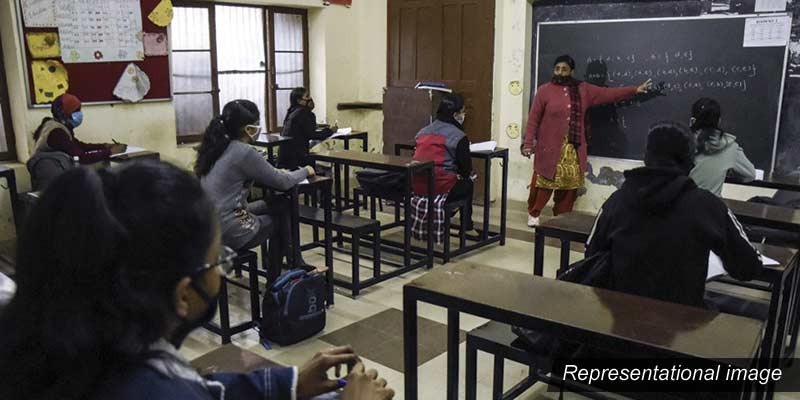- India
- Jan 10
Explainer - What is the role of CCPA?
• Consumer protection regulator CCPA said it is ready with draft guidelines specifying “dos and don’ts” to prevent coaching institutes from making “false claims” in advertisements regarding success rates of candidates.
• According to the CCPA, the proposed guidelines will be applicable to all the coaching institutes, whether online or physical, and will cover all forms of advertisement regardless of form, format or medium.
• As per the proposed guidelines, coaching institutes should not make false claims regarding success rates or number of selections and any other practices that may lead to consumer misunderstanding or subvert consumer autonomy and choice.
• Further, coaching institutes should not make claims such as “100 per cent selection” or “100 per cent job guaranteed” or “guaranteed preliminary or mains”.
• The CCPA also clarified that the penalty for misleading advertisement by coaching sector will be governed as per Consumer Protection Act, 2019 and the guidelines are just in the nature of clarification to the stakeholders.
Central Consumer Protection Authority (CCPA)
• The Consumer Protection Act, 2019 was notified on August 9, 2019 and came into force on July 20, 2020.
• It replaced the Consumer Protection Act, 1986.
• Under the provisions of the Act, the Central Consumer Protection Authority (CCPA) was established in July 2020.
CCPA is empowered to:
a) Protect, promote and enforce the rights of consumers as a class, and prevent violation of consumers rights under this Act.
b) Prevent unfair trade practices and ensure that no person engages himself in unfair trade practices.
c) Ensure that no false or misleading advertisement is made of any goods or services which contravenes the provisions of this Act or the rules or regulations made thereunder.
d) Ensure that no person takes part in the publication of any advertisement which is false or misleading.
• The CCPA can make interventions when necessary to prevent consumer detriment arising from unfair trade practices and to initiate class action including enforcing recall, refund and return of products.
• The CCPA has an investigation wing, headed by a director-general, which may conduct inquiry or investigation into consumer law violations.
• The CCPA has been granted wide powers to take suo-moto actions, recall products, order reimbursement of the price of goods/services, cancel licenses and file class action suits, if a consumer complaint affects more than one individual.
• The power of CCPA to take class action is a unique feature of the new Act. Earlier, there was no mechanism to deal with issues of unfair trade practices and misleading advertisements which impacted consumers as a class. As a result, such practices continued unrestrained without any accountability.
• The CCPA has powers to pass orders of discontinuation of practices that are unfair and prejudicial to consumers’ interests and impose penalties in case of false or misleading advertisements.
Manorama Yearbook app is now available on Google Play Store and iOS App Store

